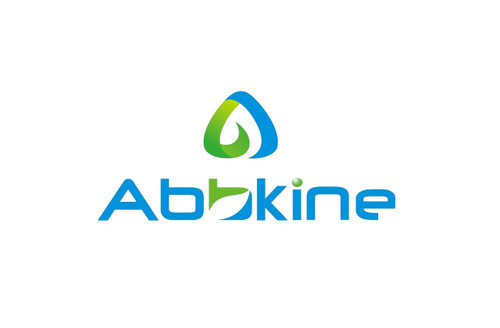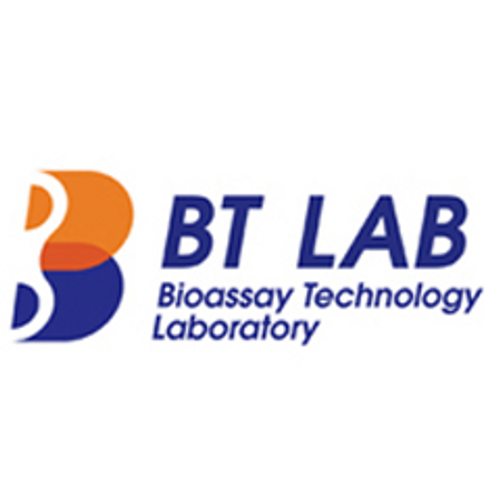Product Description
Mouse Soluble endothelial protein C receptor (sEPCR) ELISA Kit | AE25816MO | Abebio
Species Reactivity: Mouse (Mus musculus)
Abbreviation: PROCR
Alternative Name: CCCA; CCD41; CD201; EPCR; MGC23024; bA42O4.2; APC receptor|CD201 antigen|OTTHUMP00000030729|activated protein C receptor|cell cycle; centrosome-associated protein|centrocyclin|endothelial protein C
Application: ELISA
Range: 2.4-150 ng/mL
Sensitivity: 0.6 ng/mL
Intra-Assay: ≤4.3%
Inter-Assay: ≤7.1%
Recovery: 0, 96
Sample Type: Serum, Plasma, Other biological fluids
Detection Method: Sandwich
Analysis Method : Quantitive
Test Principale: This assay employs a two-site sandwich ELISA to quantitate PROCR in samples. An antibody specific for PROCR has been pre-coated onto a microplate. Standards and samples are pipetted into the wells and anyPROCR present is bound by the immobilized antibody. After removing any unbound substances, a biotin-conjugated antibody specific for PROCR is added to the wells. After washing, Streptavidin conjugated Horseradish Peroxidase (HRP) is added to the wells. Following a wash to remove any unbound avidin-enzyme reagent, a substrate solution is added to the wells and color develops in proportion to the amount of PROCR bound in the initial step. The color development is stopped and the intensity of the color is measured.
Product Overview: Endothelial protein C receptor (EPCR) also known as activated protein C receptor (APC receptor) is a protein that in humans is encoded by the PROCR gene.PROCR has also recently been designated CD201 (cluster of differentiation 201) . The protein encoded by this gene is a receptor for protein C that enhances its activation. Protein C is an anti-coagulant serine protease activated by the blood coagulation pathway.
Stability: The stability of ELISA kit is determined by the loss rate of activity. The loss rate of this kit is less than 5% within the expiration date under appropriate storage condition. The loss rate was determined by accelerated thermal degradation test. Keep the kit at 37°C for 4 and 7 days, and compare O.D.values of the kit kept at 37°C with that of at recommended temperature. (referring from China Biological Products Standard, which was calculated by the Arrhenius equation. For ELISA kit, 4 days storage at 37°C can be considered as 6 months at 2 - 8°C, which means 7 days at 37°C equaling 12 months at 2 - 8°C) .
 Euro
Euro
 USD
USD
 British Pound
British Pound
 NULL
NULL








